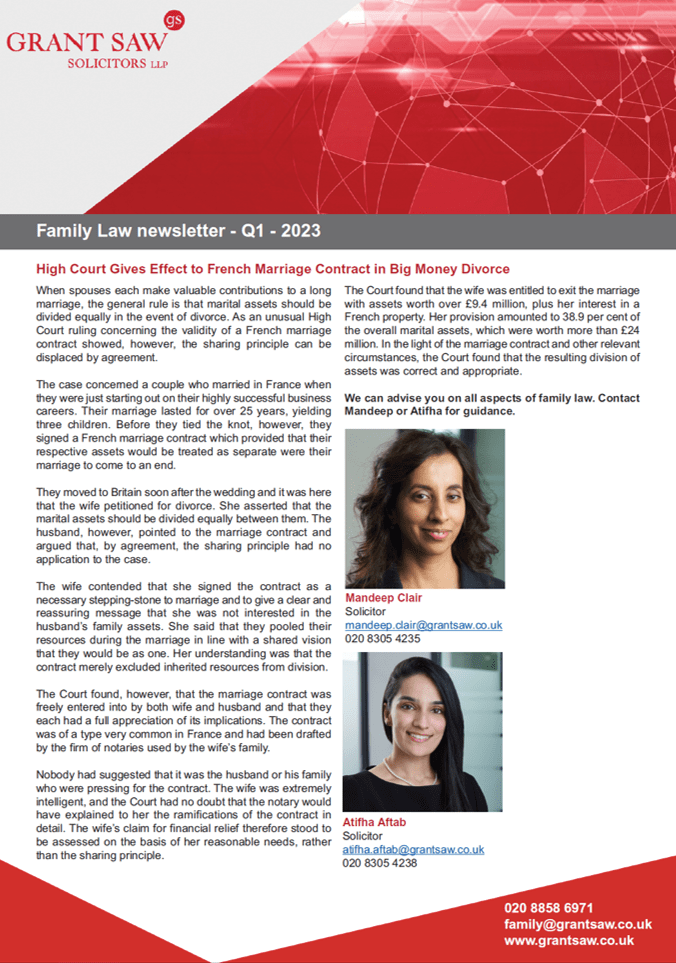It is unlawful to discriminate against a person at work because of their age. There are detailed requirements on retirement and failure to comply with these requirements can lead to claims for age discrimination and unfair dismissal.
Discrimination at work on the grounds of age is against the law and yet surveys show that many people feel that they are treated unfairly at work because of their age.
There are different types of age discrimination, namely direct discrimination, indirect discrimination, harassment and victimisation. Direct age discrimination is some detrimental action against an employee because of their age, whatever it is. Indirect age discrimination arises because of some requirement of the employment that puts an employee at a disadvantage because of their age for example, that a particular job requires a high degree of fitness, which generally favours younger people, or a certain amount of experience, which generally favours older people. The law recognises that there will be cases where such requirements are justified, but it requires a high standard of proof.
Harassment is unwanted conduct which has the purpose or effect of violating an employee’s dignity or creating an intimidating, hostile, degrading, humiliating or offensive environment at work. Ageist jokes or remarks are caught by this. Victimisation is some detrimental action against an employee because they have brought proceedings or asserted their employment rights under the age discrimination legislation.
The law covers discrimination in all aspects of employment including recruitment, the terms of the employment contract, promotion and training, discipline and dismissal. Common issues include:
- benefits and holiday depending on length of service
- health insurance for employees over retirement age
- length of service taken into account for redundancy selection
- requiring certain experience or qualifications
- education and training
Retirement
The compulsory retirement of company employees at the age of 65 is no longer permitted. If an employee is forced to retire, they will have a claim for unfair dismissal and age discrimination unless the employer has established a new retirement age for the organisation which is above the age of 65 and which is objectively justified. Objective justification of any compulsory retirement age is likely to be very difficult.
Age Discrimination Claims
Claims of age discrimination in employment are brought in the employment tribunal. Anything done by another employee in the course of their employment is treated as done by the employer. So, discrimination by a colleague, even without your knowledge or approval, may give an employee a right to bring a claim.
Because discrimination can be hard to prove, there are rules of evidence which can assist employees in bringing a claim to the employment tribunal. However there are strict time limits to bring a discrimination claim, usually within 3 months of the alleged act of discrimination. If the claim is not brought within the time allowed, the employee will lose the right to do so. If an age discrimination claim is successful, the employee may be awarded compensation for loss of earnings and employment benefits and for injury to feelings.
Our solicitors can advise your company on all aspects of discrimination policy and procedure.












































